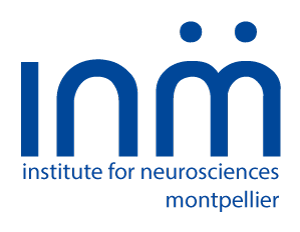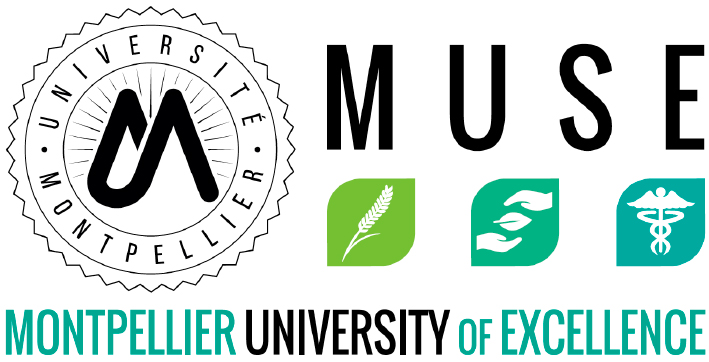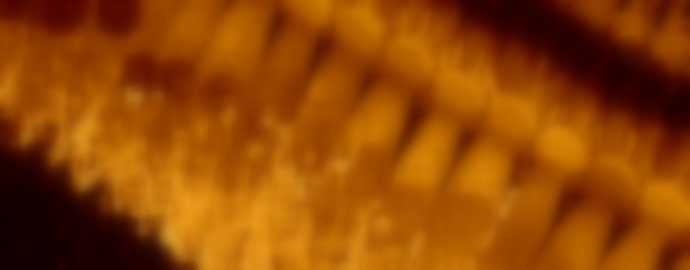Proteinopathies
Our new team is focusing on the pathophysiological mechanisms, methods of detection and therapeutic approaches of proteinopathies (Prions, Alzheimer's, Parkinson...). At the molecular and cellular level, we will study the conversion of soluble proteins to pathological aggregates and the environmental factors influencing this process. The detection of these different protein forms, notably by proteomics approaches, will be performed in biological samples from patients. Cellular and in vivo (mouse) stem cell related approaches, both as experimental models (IPSC) and as a main topic of investigation (neurogenesis, cell therapy, environmental pollutants) will be also at the center of our research as follows. Three main research aims with referent PI but actually involving the whole team in a complementary fashion are described below.
The group « Neuroproteomics and Biomarkers » aims to exploit the latest technological developments in proteomics for the discovery, validation and use of clinical biomarkers (proteins, PTMs, ARN, ADN, metabolites) in neurodegeneratives diseases.
Our specific expertise in Prion, Alzheimer‘s diseases (AD) and stem cells was the basis for our research focusing on physiological mechanisms and therapeutic approaches of these diseases.
Impact of environmental pollutants on neurodevelopment and Alzheimer's disease (Véronique Perrier)
Impact of environmental pollutants on Aβ assembly and consequences for Alzheimer's disease (Joan Torrent)














